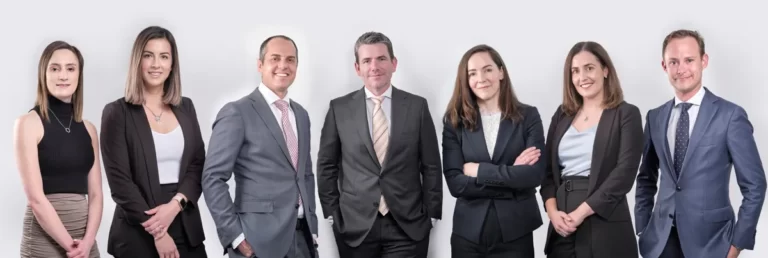Navigating medicolegal assessments can be challenging, particularly when bridging the gap between medicine and law. These two worlds often have different ways of approaching issues, and miscommunication can occur. For lawyers, without in-depth medical knowledge, selecting the right expert to assess your client can sometimes feel daunting. That is where we come in. At Azure, we have over 140 specialists working with us, and provide a personalised approach to linking lawyers with doctors. If you are unsure about choosing the most appropriate specialist, our dedicated administration team is always available to help you make the best choice, leveraging their considerable experience.
For example, if your client has sustained a hand injury and requires an assessment, it may intuitively appear that any Orthopaedic Surgeon is qualified to evaluate the injury. However, selecting an Orthopaedic Foot and Ankle Surgeon is ideal. These specialists focus exclusively on this area of the body and possess in-depth knowledge and expertise specific to such injuries, which can often be more complex than meets the eye. Orthopaedic surgery is a broad field, with surgeons specialising in various areas, such as hip and knee, shoulder, or pelvis. By concentrating on particular regions, specialists bring deeper understanding and a more focused approach to injury assessments. This is why selecting the right sub-specialty is crucial to ensuring your client receives the most accurate and relevant evaluation, making it more persuasive to the Court or other intended recipients. In addition, doctors prefer to assess clients within their scope of clinical practice.
We have included three short case studies below based on our experience, that demonstrate the value of choosing the appropriate specialist for your medicolegal assessments.
CASE 1
An Orthopaedic Surgeon recently assessed a client who sustained a brachial plexus injury at birth. The client had received 2 surgeries for this condition over the course of their life: a nerve transfer and a glenoid osteotomy and muscular transfer. Although the client was experiencing a limitation in the use of their arm, the more appropriate specialist for this case would have been a neurologist.
The assessing Orthopaedic Surgeon diagnosed a right brachial plexus palsy and recommended a follow-up assessment with a neurologist for a nerve assessment. While the orthopaedic surgeon addressed the structural concerns, a neurologist would have been equipped to assess the nerve damage and provide a more comprehensive evaluation from the outset.
CASE 2
An Orthopaedic Surgeon was booked to assess a client who was involved in a car crash and suffered severe pain and swelling to her foot and ankle. The client was diagnosed with fractures of the distal tibia and fibula, as well as a complete rupture of the anterior talofibular ligament. While a general orthopaedic surgeon is highly skilled in assessing trauma arising from motor vehicle accidents and treating fractures, this patient would have benefitted from seeing a Foot and Ankle Orthopaedic surgeon. With this specialty field, the surgeon only does foot and ankle surgery. They would be well versed in foot and ankle trauma and able to give an in depth, accurate assessment.
CASE 3
An Orthopaedic Surgeon assessed a client following a workplace accident. This client had a heavy piece of equipment fall on his arm and cause significant soft tissue injuries to his right forearm. Fractures to his radius and ulna were treated by an orthopaedic surgeon, however, soft tissue damage and extensive scarring was left as a concern. The client had developed hypertrophic scarring, which limited his range of motion and caused considerable discomfort. At first glance, it may seem intuitive to request an Orthopaedic Surgeon as the client was originally treated by one. Yet, a Plastic Surgeon who specialises in scar revision surgery would have been able to provide the best advice and assessment, specifically in relation to the effect of the scarring on his daily function and prognosis.
If you’re seeking an AMA assessment of your client, it is also important to ensure that the specialist you select has the relevant training and accreditation, even if the injury lies within their specialty.
If you wish to book an appointment for your client and not sure which specialist to request, contact us and we would be delighted to help.

